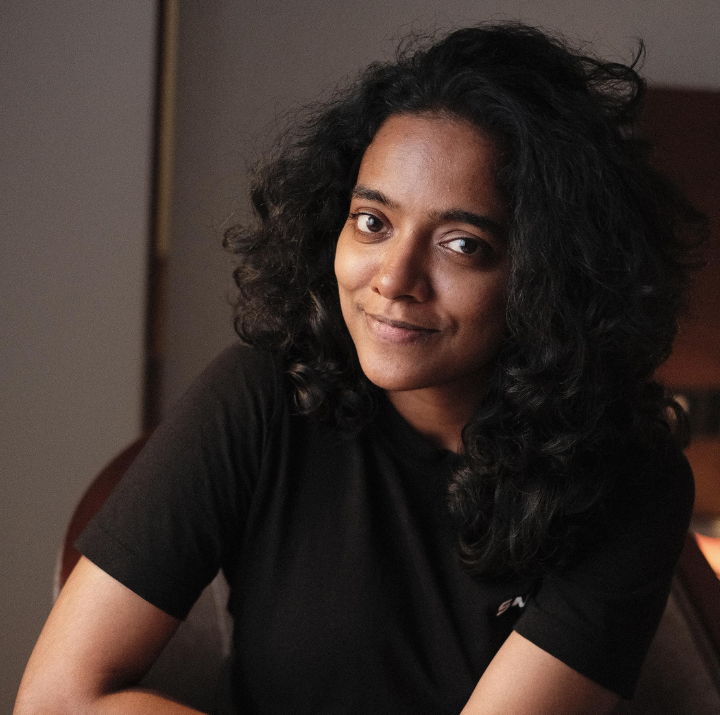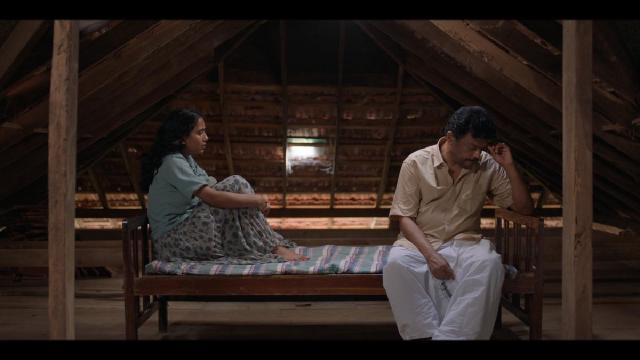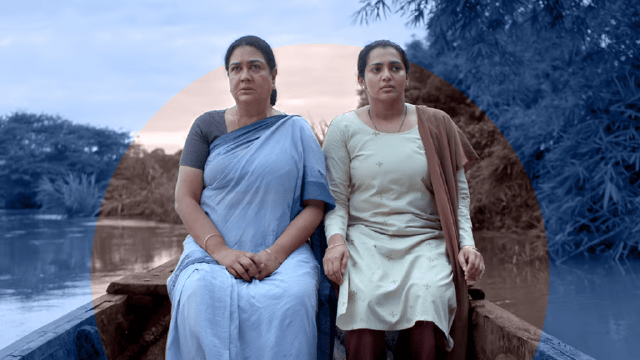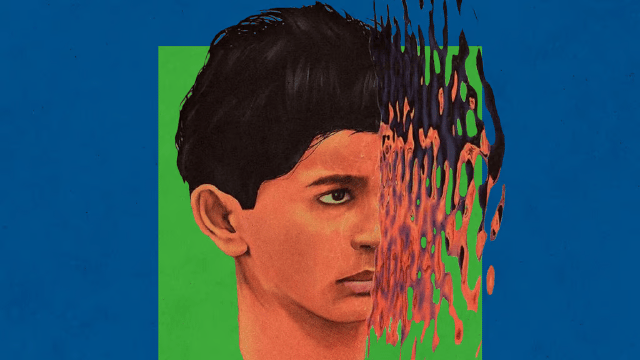
Recent Reviews by Aswathy Gopalakrishnan
Indpendent Film Critic

Aswathy Gopalakrishnan is a film critic who writes for Silverscreen.in. She also worked as a film programmer with MAMI Mumbai Film Festival in 2019.
Films reviewed on this Page
Appuram (written for Dhruvam)

Appuram/The Other Side unfolds like flashcards, like shards of memory that Janaki (Anagha Ravi) collects and rearranges in her mind. A series of Polaroids, seemingly disconnected in time, each capturing a fleeting moment of joy or grief, burned into the teen’s psyche. At the core of the film is her mother, Chithra (Mini IG), who was pulled towards self-harm and death by acute depression, even as the daughter and her father, Venu (Jagadish), did everything in their power to keep her alive.
Ullozhukku

An Astounding Urvashi Headlines a Tender Film On Love That Defies Conventions
Urvashi is a quiet rage throughout the film, stirring the frame even when she is sitting still and staring at the abyss that has opened up in her being
he first few events in Ullozhukku (Under Current), directed by Christo Tomy, happen in quick succession. Life falls through Anju’s (Parvathy) fingers before she can chart a plan. From a wide-eyed sales girl at a textile shop furtively smiling at her lover, she transforms into a bride posing for awkward post-wedding pictures on a backwater boat, her eyes heavy from what was likely a teary night. The film then moves to the old, spacious house of her husband, Thomas Kutty (Prasanth Murali), and his doting mother, Leelamma (Urvashi), in Kuttanad, where time, like a boat engine whirring to a halt at the dock, comes to a pressing stillness.
All 2 reviews of Ullozhukku here
Aadujeevitham (written for The Federal)

A survival drama, fuelled by high-octane performances
Prithviraj Sukumaran’s brilliantly measured performance in Blessy’s deeply personal tale of a working-class man’s escape from slavery is one of the most powerful acts in Malayalam cinema
There is a poetic aspect in author Benyamin’s novel reaching the hands of director Blessy. In the journey of Najeeb Muhammad, a Malayali immigrant in West Asia, who gets abducted by one of the region’s many slave owners, there is an element of miserablism that resonates with the cinematic inquiry Blessy has been conducting over the last two decades. His films, in essence, are excavations of grief from the depths of unfortunate ordinary men who go from one tragic situation to another. In Thanmathra(2005) and Kalimannu (2013), the human body becomes his primary work material. Pain and suffering are visceral in these films, animated without any subtlety to pierce into the viewer’s consciousness. In Aadujeevitham, Blessy finds a goldmine.
Mithya (written for Film Companion)

An Emotionally Rich Film About A Child Tending To His Wounds
A stunning debut, the Kannada film does a delicate documentation of a child learning to overcome an emotional catastrophe
Child Actors in Indian mainstream films, largely, follow an ancient repertoire. They emulate the sticky sweetness of store-bought fruit juice, hiding their characters’ deeper flavours under their affected cadence and countenance. Rarely assigned with weightier emotions like rage or grief, their ‘cinematic’ is confined to giggles, pouts or pulling long faces. In mainstream imagination, child personas offer little intellectual stimulation to the audience; they come devoid of any deeper meaning to decipher.
All 4 reviews of Mithya here
Kiss Wagon (written for Film Companion)

A Meditation On Love, Civilisation, Violence And Religion
Kiss Wagon bears the unmistakable hallmark of an idiosyncratic work meant to be fully decoded only by its creator
This January, Malayalam cinema saw the convergence of its two extremes. A big-budget drama featuring a male superstar who wields unassailable influence over the local audience was released in theatres on the 25th, jolting the film ecosystem out of its lull. Coincidentally, Kiss Wagon, an experimental feature film directed by Midhun Murali, premiered in IFFRʼs (International Film Festival of Rotterdam) coveted Tiger Competition section, where it won two prizes– the FIPRESCI award and the first Special Jury Award.